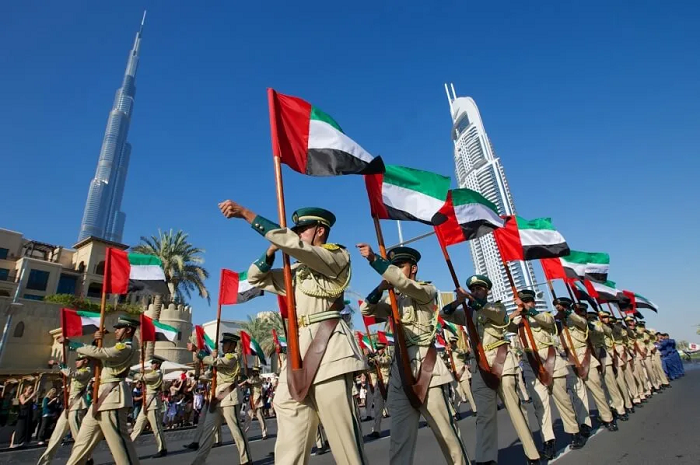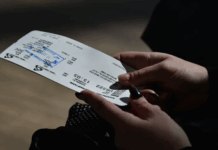The UAE is located in several time zones. This must be taken into account when planning events or travel around the country. Most of the UAE uses Gulf Standard Time, which is 4 hours ahead of Coordinated Universal Time.
However, areas such as Sharjah and Dubai use UAE Standard Time, which is one hour behind GST. These time zone differences can affect the coordination of business meetings and travel itineraries, so it’s worth checking the exact times for each region in advance.
Holidays and significant dates
Time zones must be taken into account when celebrating Arab holidays. The UAE is famous for its rich cultural calendar, including both religious and secular holidays. In 2024, one of the most significant events will be the eid holidays, Eid al-Fitr, which marks the end of the holy month of Ramadan. It is a holiday of gratitude and renewal. Eid al-Fitr marks the joyful end of Ramadan, the ninth month of the Islamic calendar, which is dedicated to fasting, prayer and spiritual reflection. This holiday lasts three days and is accompanied by many traditions that unite Muslim communities.
Holiday prayers
The day of Eid al-Fitr begins with congregational prayers, which are often held in mosques or in specially designated open-air areas. Muslims put on their best clothes and gather together to express gratitude for the successful completion of Ramadan and ask for blessings for the future. Holiday prayer is a time for spiritual reflection and strengthening bonds within the community.
Understanding the holiday calendar and time zones in the UAE will help you better manage your time and activities. Taking into account the differences in time and the characteristics of each holiday, you can more effectively plan trips, business meetings and participation in cultural events.








